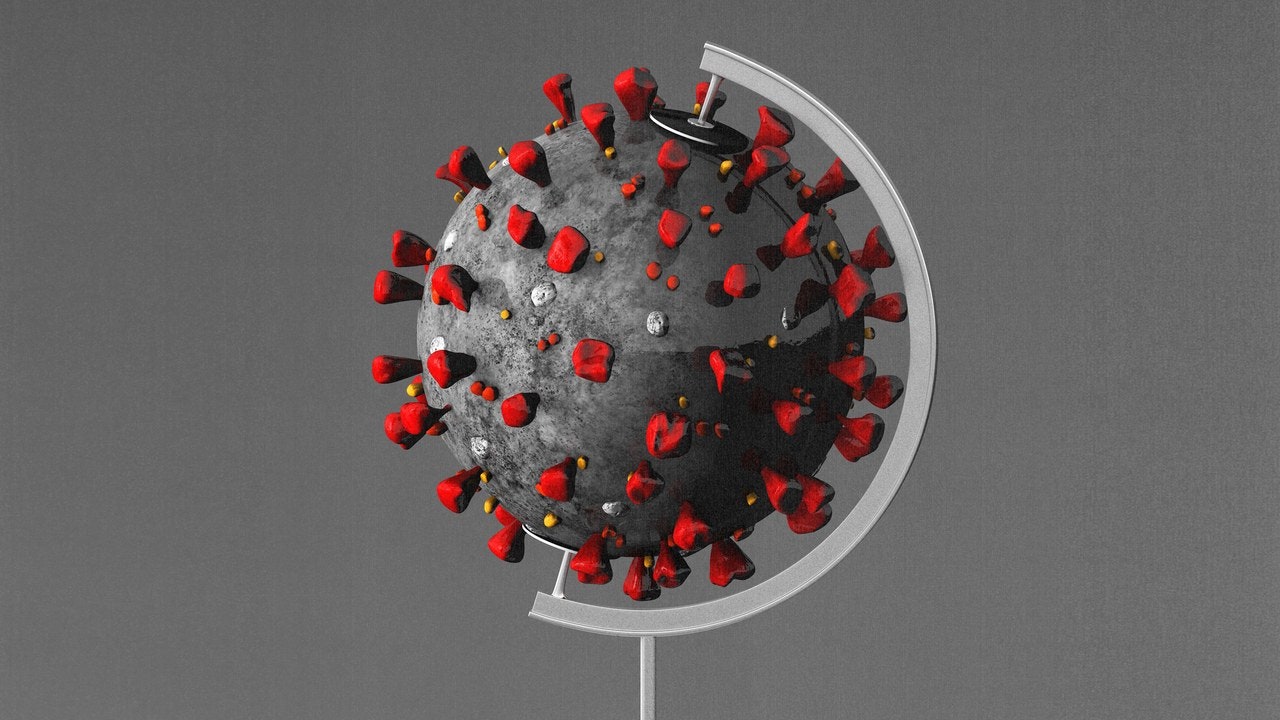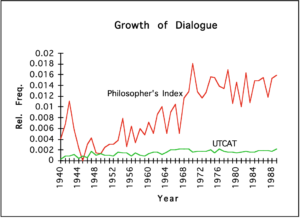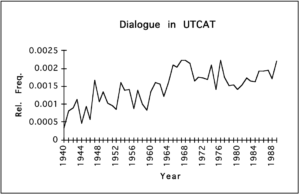Our fondness for viruses as metaphor may have kept us from insisting on and observing the standards and practices that would prevent their spread.
Paul Elie in the New Yorker has a comment (Against) Virus as Metaphor (March 19, 2020) where he argues that our habit of using viruses as a metaphor is dangerous. He draws on Susan Sontag’s Illness as Metaphor to discuss how using the virus as metaphor can end up both misleading us about what is happening on the internet with ideas and memes, but can also cast a moral shadow back onto those who have the real disease. It is tempting to blame those with diseases for moral faults that presumably made them more vulnerable to the disease. The truth is that diseases like viruses pay no attention to our morals. There is nothing socially constructed or deconstructed to the Coronavirus. It wasn’t invented by people but it has real consequences for people. We have to be careful not to ascribe human agency to it.
I must admit that I have played with the idea of the epidemiology of ideas. Back in 1994 John Bradley and I gave a paper on “A Growing Fascination With Dialogue: Bibliographic Databases and the Recent History of Ideas” at the ALLC-ACH conference at the Sorbonne, Paris. In the paper we showed graphs of data we collected from two bibliographic databases showing a rise in works about dialogue around 1963-4.
Above you see the rise in the Philosopher’s Index. In the next one you see the U of Toronto card catalogue (UTCAT).
We ended up speculating about how ideas like “dialogue” might spread and eventually ended up also drawing on epidemiology. Illness is tempting as a metaphor partly because our language already encourages it with words like “influence” that etymologically go back to influenza or flu. Further, we use metaphors to explain things all the time. Think of all the computer terms that started as metaphors of the mind like “memory”. These metaphors work to explain new things and then disappear as metaphors to become the thing itself. Then they can come back to bite us by influencing how we perceive the original phenomena as we are seeing with the virus. Knowledge itself seems not to be a store of true statements, but a network of usable associations. Sometimes the associations are misused, but sometimes they work as useful models helping us think beyond what we know.


